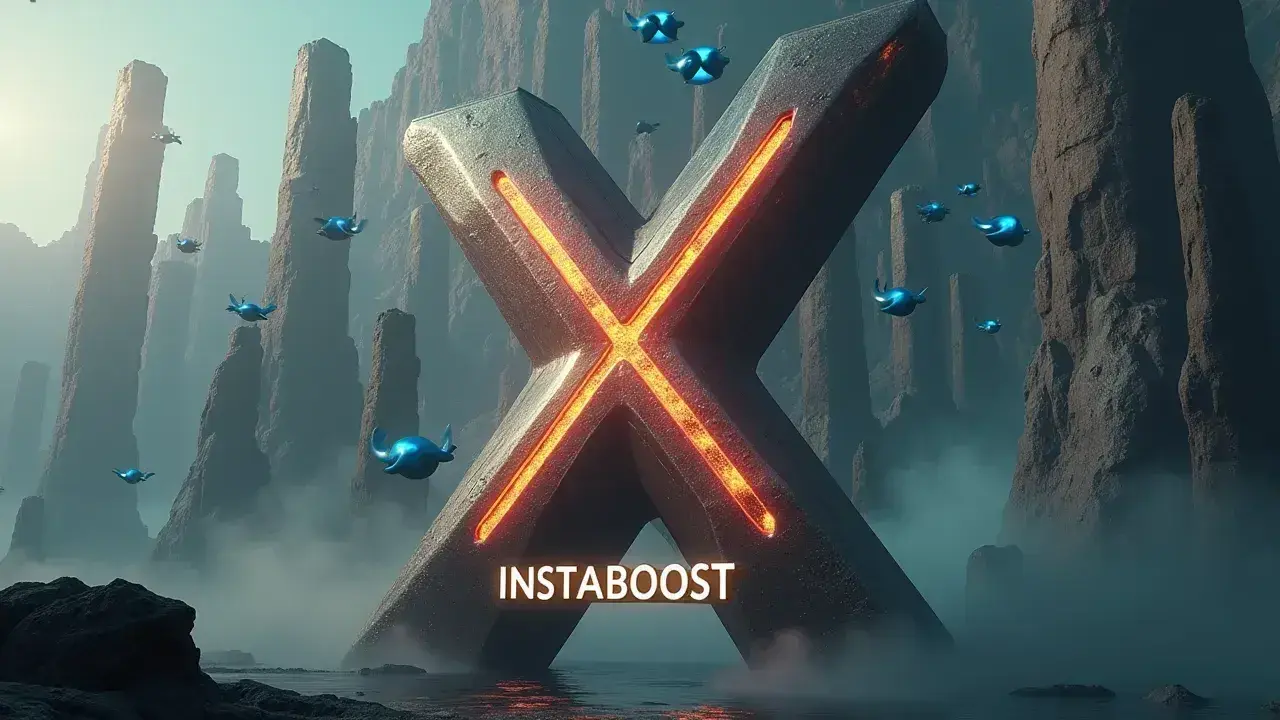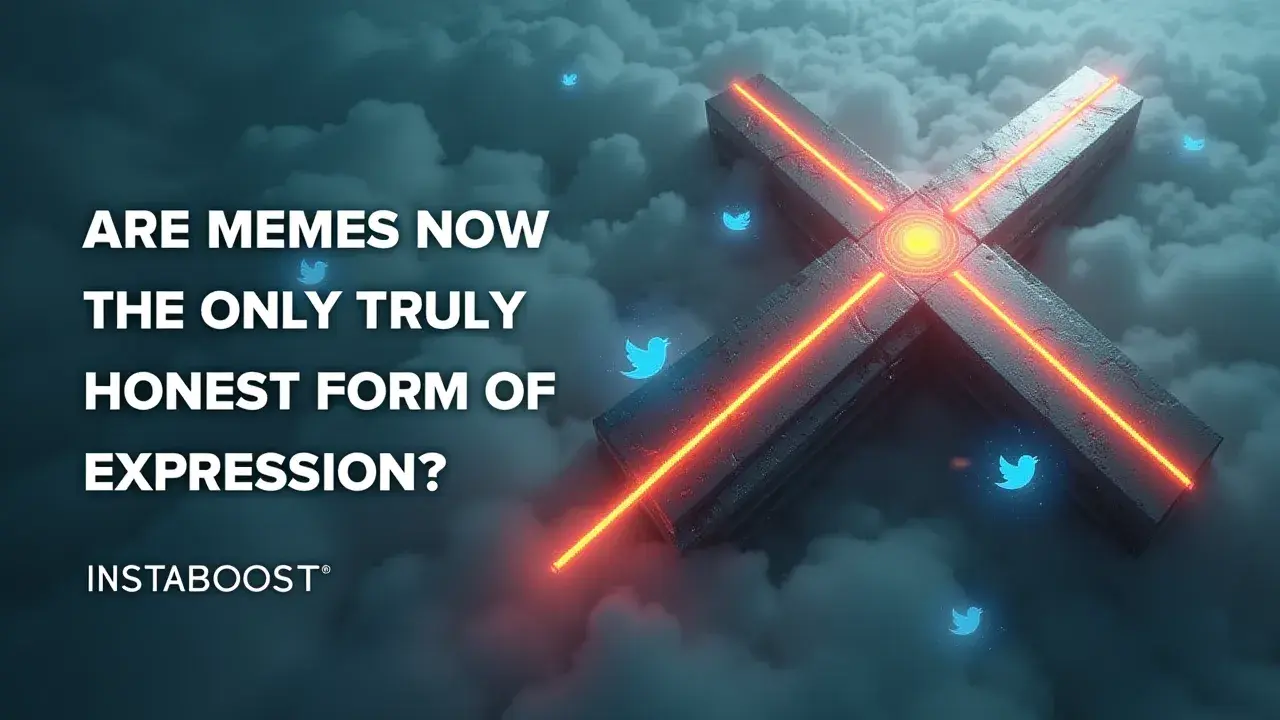Are Memes Now the Most Honest Form of Expression?
Memes can feel uniquely honest because they distill complex feelings into quick, shareable formats. Their remixable structure and cultural shorthand let people express nuance, humor, and critique with minimal friction. Still, context can be lost and meanings can flatten when references are misread or recycled without care. When creators stay attentive to audience, timing, and cultural cues, memes become a clear window into collective mood and evolving communication norms.
Memes as the Unfiltered Pulse of Online Culture
Memes have kind of become the main way people talk online, not just for laughs but for saying things that might otherwise feel a bit uncomfortable or risky. They’re usually funny, but they do more than that – they make it easier to be open about complaints or opinions that probably wouldn’t show up in regular posts.
When a meme spreads, it’s often because it taps into something a lot of people recognize, whether that’s being tired at work, irritated with the news, or noticing some odd trend online. There’s a feeling that you can share or react to a meme without really putting yourself on the line, so it’s less of a risk to be honest.
When a meme spreads, it’s often because it taps into something a lot of people recognize, whether that’s being tired at work, irritated with the news, or noticing some odd trend online. There’s a feeling that you can share or react to a meme without really putting yourself on the line, so it’s less of a risk to be honest.
Meme culture has turned into this way for people to point out what’s strange or annoying about daily life or the internet without having to post something long or get into arguments. Unlike the polished stuff you see on Instagram, memes just get right to it and feel a bit more familiar.
You can usually pick up on what people are thinking about just by watching which memes are everywhere – it’s a bit like following what’s trending by seeing which Twitter growth packages suddenly get popular. So if you hang out in online groups a lot, or if you help with a brand or someone like INSTABOOST, it kind of makes sense to notice how memes work and what they’re saying. Sometimes it seems like most of the real conversations are just sort of happening here, not loudly, just in the background...
You can usually pick up on what people are thinking about just by watching which memes are everywhere – it’s a bit like following what’s trending by seeing which Twitter growth packages suddenly get popular. So if you hang out in online groups a lot, or if you help with a brand or someone like INSTABOOST, it kind of makes sense to notice how memes work and what they’re saying. Sometimes it seems like most of the real conversations are just sort of happening here, not loudly, just in the background...

Why Memes Feel More Trustworthy Than Traditional Posts
I didn’t really make things more complicated – I just left out the parts that didn’t fit. Memes do that online, too. Instead of fussing over captions or checking with other people first, memes just cut straight to the idea. There’s no worrying over the wording or rethinking it; they just say what everyone’s already thinking. With so much online stuff feeling planned or touched up, that kind of directness stands out. People seem to trust memes more, or at least see them as more honest, even if they’re not always taken seriously.
Some memes are just quick jokes, but the ones that last usually capture something small and familiar – some little annoyance or feeling lots of people have. When everyone reacts the same way, it doesn’t feel as isolating. Regular posts can feel more distant, sometimes a bit too careful. Even when someone like Elon Musk shares a meme, it doesn’t always seem like he’s just trying to be funny – it can feel more like he’s pointing something out, whether he means to or not. Companies and platforms like INSTABOOST have picked up on how much more attention memes get, maybe because they come off as more direct – even on X, where people sometimes purchase followers on X to get noticed. So memes might look like a shortcut, but really they make it simpler to get a point across. It’s not that they’ve made things messier – they just sort of clear out the extra stuff.
A Playbook for Meme Authenticity
Strategy isn’t really about being strict – it’s more about noticing what’s going on and making choices that fit. The memes that catch on aren’t just accidents; someone’s thought about what might work, even if it seems casual when you see it. People might share a meme to jump into a news story as it’s unfolding, or they’ll adjust an old format to match something a lot of people are quietly thinking. Sometimes it’s just picking an image that gets the idea across without spelling it out. It doesn’t come off as planned like a company post, but there’s usually some intention behind it.
What makes a meme feel real often has to do with the timing and how it just slips into normal conversation – sometimes it sidesteps the usual filters, and you just know what it means. That’s one reason why people making memes move faster than brands or influencers; it’s a bit more like improvising, the way someone might order hearts for X just when something’s starting to trend. Memes might look thrown together, but there’s usually a purpose, whether it’s to get people talking, test the boundaries, or see who’s in on the joke.
If you pay attention, there’s a kind of shorthand – memes can pass messages that some people get right away, while others scroll past. Tools like INSTABOOST notice these patterns too, since watching how memes spread says a lot about what’s on people’s minds. The ones that stick don’t just mirror what’s already out there; sometimes they nudge people toward what they might talk about next, just because of how and when they show up. There’s some strategy to it, even if it doesn’t look very organized from the outside...
The Limits of Meme Realness
I tried looking into what actually makes someone successful, but after a while, it started to feel discouraging, like the questions I had were backfiring. People talk about memes as if they’re true in a way that other stuff online isn’t, but that’s only part of what’s happening. Sometimes a meme does capture a feeling right away, and you recognize yourself in it.
But if you pay closer attention, you notice the little edits – what gets cut out, what’s played up, or how things are timed to be funny or to make people react. Memes aren’t exactly fake, but they’re put together with a lot of intention, and sometimes even tested to find what hits. There’s this whole ecosystem behind the surface, like people quietly comparing stats or swapping tricks for things like affordable tweet views, which adds another layer to what ends up in your feed. What’s strange is that memes can end up feeling more straightforward than those long, emotional posts people make, even though a meme usually only touches one small part of a bigger, messier story.
We call things “authentic” online, but a lot of the time, that gets boiled down into inside jokes or clever templates, which makes things feel more manageable, but also leaves out the hard-to-explain parts. In a way, it’s not all that different from sharing only the highlights of your life, just this time it’s hidden behind jokes and weird fonts. And when a meme goes viral, it tends to lose the details, because what spreads is what people immediately get, not necessarily what’s complicated or true in every case. Memes really are a way for people to show how they feel, but calling them the only honest thing online kind of misses that every way of communicating, even memes, leaves something out. If we’re looking for what’s real online, it probably means looking at what a meme doesn’t say, too.
Beyond Irony: The Future of Honest Expression
You’ve gotten this far, so the rest is kind of in your hands. Memes aren’t just background chatter online anymore – they’re how a lot of people talk about what matters to them. They can be about breakups, feeling done with the news, or just the odd details of daily life that make things feel a little less lonely. Sometimes they seem to ring true, but it’s hard to say what’s genuine – it depends on who’s posting them and what they’re hoping to do.
It’s strange how a simple picture and a bit of text can stand out when so much else online feels put together for effect. With things like tweet exposure through X retweets shaping what you see, what feels “real” about a meme keeps shifting. Platforms keep changing, and it gets harder to tell if a meme is straightforward or just made to fit whatever’s getting a reaction that week. Hard to say whether that’s good or not. I guess the part that feels real isn’t always in the meme itself – it’s in the ones you save, the ones you just scroll past, or the ones you send to someone because they seem to say something you couldn’t quite say yourself...




